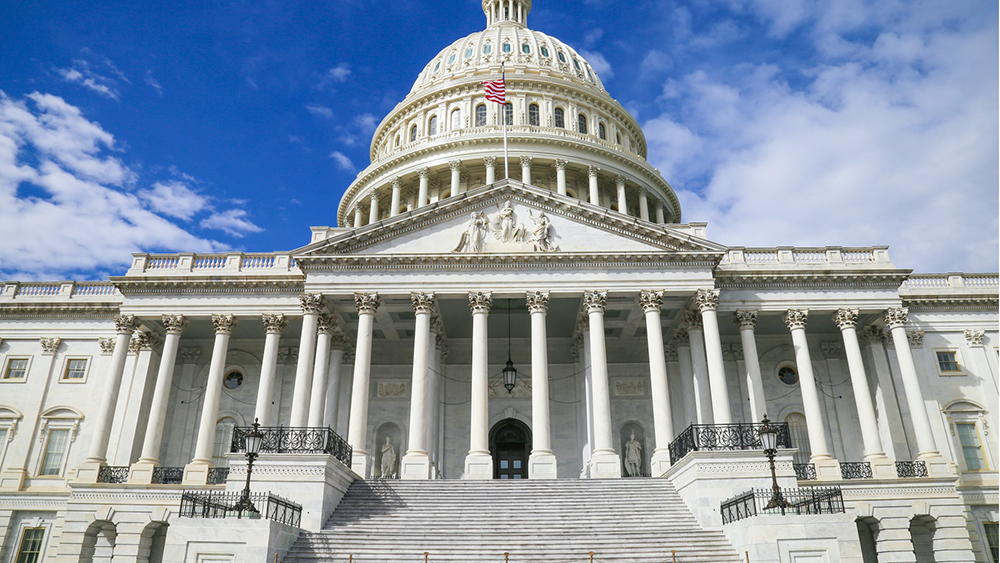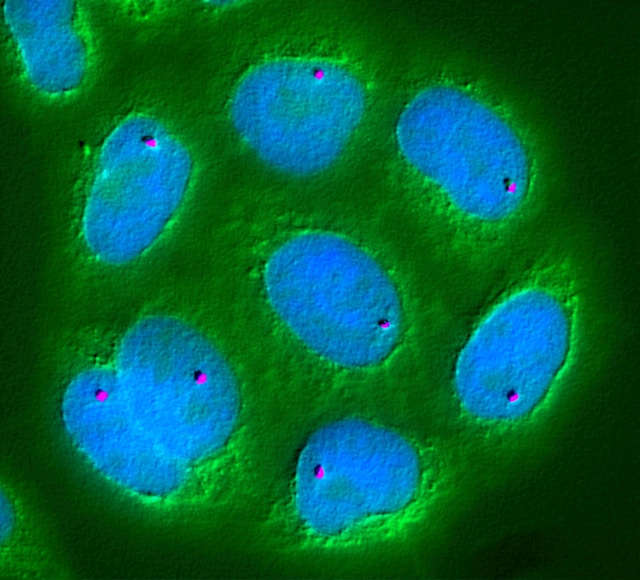On January 31, the House passed legislation to restore the immediate expensing of R&D expenses. The Biotechnology Innovation Organization (BIO) has long advocated for this change.
Until 2022, research and development expenses were 100% tax deductible each year. However, the Tax Cuts and Jobs Act of 2017 required companies to amortize domestic expenditures over five years, and international expenditures over 15 years.
The $78 billion Tax Relief for American Families and Workers Act, passed yesterday, would reverse the change and reinstate R&D expensing. R&D expenses would be 100% deductible through 2025.
“This bill restores full R&D expensing, interest deductibility, and 100% expensing,” said House Ways and Means Chair Jason Smith (R-MO), the bill’s sponsor, on the House floor. “Each of these policies will help American businesses grow, create jobs, and sharpen their competitive advantage against China. This will create over $70 billion in new R&D investment and over 900,000 new jobs, increase small business investment by $400 billion, and generate $58 billion in additional take-home pay for American workers.”
“Today, America’s small businesses are being pummeled by high prices and interest rates,” he continued. “This package raises the expensing cap for small businesses beyond the limit set in the 2017 tax reform.”
Why R&D expenses matter to biotech sector
Biotech can require hundreds of millions of dollars and years of work before research pays off. Being forced to amortize R&D expenses effectively reduces the full deduction to 20% annually.
“This results in a significant reduction of capital, taking resources away from small R&D-intensive companies. Redirecting funds from research to pay for unexpected tax bills jeopardizes the development of future treatments, cures, and scientific discoveries,” said BIO. In 2024, BIO launched a campaign to encourage Members of Congress to vote to restore immediate R&D expensing.
“If we do not get the full value of the dollars that we raise, that’s going to delay development, or in a worst-case scenario, it means we cannot develop those drugs,” Sutro Biopharma CEO Bill Newell recently told Bio.News. “Taxing research before it produces revenue ultimately means fewer therapies are available for patients.”
Cellf BIO is another example. The company developed a bioengineered sphincter muscle with federal grant money, which is considered taxable income. “Prior to 2022, that wasn’t a problem or barrier to research startups since firms could simply deduct the full cost of R&D from the equivalent amount of grant income, leaving them with no net tax liability,” wrote Cellf BIO COO Rayana Marker in Fortune.
“But now, because of the change in expensing, they are penalized,” continued Marker. “Our small firm, with less than five employees, faces a six-figure tax bill under the new rule. And because we don’t yet have an FDA-approved product, we have no sales revenue.”
In addition to the campaign, which launched in early 2024, BIO joined 260 signatories in a Jan. 19 letter to congressional leaders, organized by the National Association of Manufacturers (NAM).
The next steps for the tax package and R&D expenses
The tax package passed the House in a bipartisan vote of 357-70.
Before the change becomes law, it will need to be approved in the Senate. Following House passage, Senate Finance Committee Chair Ron Wyden (D-OR) urged the Senate to take action.
“This was a strong vote in the House, and it means the action is moving over to the Senate,” he said. “I’m going to work with Leader [Chuck] Schumer and my colleagues on both sides to get this done as soon as possible.”




